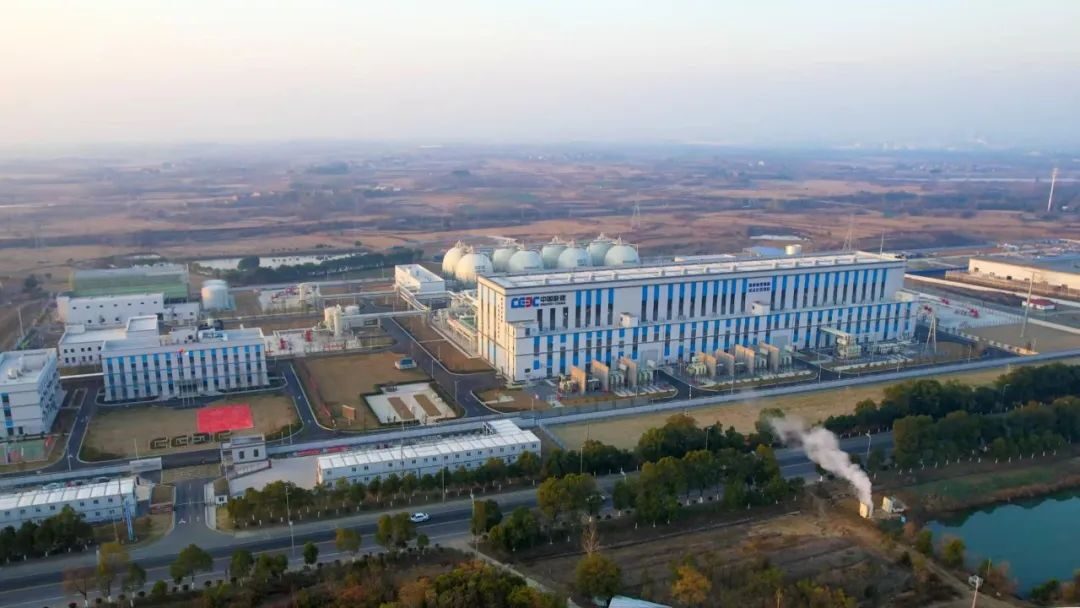The European Commission on Tuesday published a new version of its Guidelines on State Aid for Climate, Environmental Protection and Energy (‘CEEAG').
The updated regulations, which originally came into force in 2014, will go into effect in January 2022.
“Under the new state aid rules, rooftop PV projects up to 1 MW, as well as 100% renewable energy community or SME-owned projects up to 6 MW, will not be burdened by competitive bidding processes. This empowers more European citizens and businesses to invest in solar, and accelerates the prosumer-led energy transition,” said Naomi Chevillard, senior policy advisor at European solar association Solarpower Europe.
In addition, the new CEEAG guidelines allow government and national authorities to hold tenders for specific technology applications, such as floating solar and agrivoltaics. By contrast, aid for fossil fuels would now be stopped or at least further restricted in the case of natural gas, in accordance with the EU Green Deal.
“As more member states look to solar and storage to decrease exposure to volatile gas-driven electricity prices, hybrid solar tenders introduced in the new subsidy rules will enable the growth of these technologies,” said Solarpower Europe policy director Claire Couet. State aid still plays an important role in investing in renewable energy, she added. “The new state aid framework grants much more flexibility to member states in designing their aid mechanism and importantly, provides the right toolbox for member states to deliver on the EU’s 2030 climate target of a 55% reduction of greenhouse gases.”
The new guidelines include sections on energy efficiency measures, aid for clean mobility, infrastructure, circular economy, pollution reduction, protection and restoration of biodiversity, as well as measures to ensure security of energy supply, subject to certain conditions.
This content is protected by copyright and may not be reused. If you want to cooperate with us and would like to reuse some of our content, please contact: editors@pv-magazine.com.




By submitting this form you agree to pv magazine using your data for the purposes of publishing your comment.
Your personal data will only be disclosed or otherwise transmitted to third parties for the purposes of spam filtering or if this is necessary for technical maintenance of the website. Any other transfer to third parties will not take place unless this is justified on the basis of applicable data protection regulations or if pv magazine is legally obliged to do so.
You may revoke this consent at any time with effect for the future, in which case your personal data will be deleted immediately. Otherwise, your data will be deleted if pv magazine has processed your request or the purpose of data storage is fulfilled.
Further information on data privacy can be found in our Data Protection Policy.